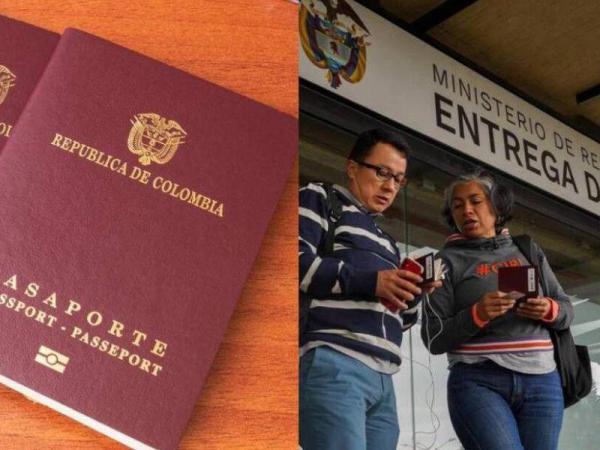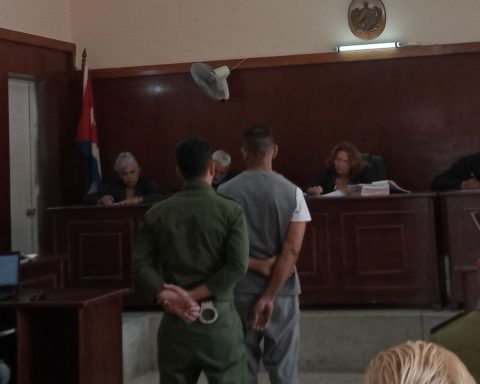Politicians sentenced to ineligibility under the Clean Record Law (nº 134/2010) must remain banned from the polls for a maximum of eight years from the date of their conviction, as defined in the complementary bill (nº 192/2023) approved this Wednesday (21) by the Senate’s Constitution and Justice Committee (CCJ). The text will now be analyzed by the plenary of the House.
Currently, the period of ineligibility is eight years from the end of the sentence for common crimes against life, money laundering, criminal organization, drug trafficking, among others. In the case of less serious electoral crimes or administrative misconduct, ineligibility lasts for the entire term of office and for an additional eight years after the end of the term in which the politician was convicted.
Authored by Congresswoman Dani Cunha (União-RJ), the text introduces a series of other changes. Among them, it establishes a 12-year limit of ineligibility, even if the person has several convictions. The text also defines that the changes should apply to cases of ineligibility already defined, and not only to future convictions.
The project also excludes ineligibility for cases in which the politician is convicted of abuse of political or economic power by the Electoral Court without there being “serious behavior capable of implying the revocation of registration, diploma or mandate”.
The rapporteur of the matter, Senator Weverton (PDT-MA), justified that the current legislation provides for different periods of ineligibility. “It may happen that a parliamentarian impeached by the respective Legislative House becomes ineligible for a period of eight years or even for 15 years,” he wrote.
The senator added that, with this new law, “the period of ineligibility becomes a single one, of eight years, which will be counted from the date of the decision that decrees the loss of the elective mandate, or from the date of the election in which the abusive practice occurred, or from the date of conviction by a collegiate body or from the date of resignation from the elective office, as the case may be”.
Justification
Senator Weverton responded to criticism that the bill seeks to facilitate the return of politicians with criminal records. The parliamentarian argued that the bill only corrects cases in which the terms are indefinite due to the incompleteness of the process.
“There are cases that have gone on for 14 years and have not been judged. He has been out of the running for ten, 12 or 15 years, and one day, when the court decides the case, he will begin serving an eight-year sentence. This is unbelievable,” he explained.
No senator spoke out against the text. The president of the CCJ, Davi Alcolumbre (União-AP), defended the changes.
“Perhaps we are removing from politics many men and women who would like to collaborate. If there was some mistake, some misinterpretation of the legislation that led to that conviction, it is natural that there should be a reasonable period of time for that person to serve that sentence, and not an indefinite period, with no date for completion,” he considered.

















